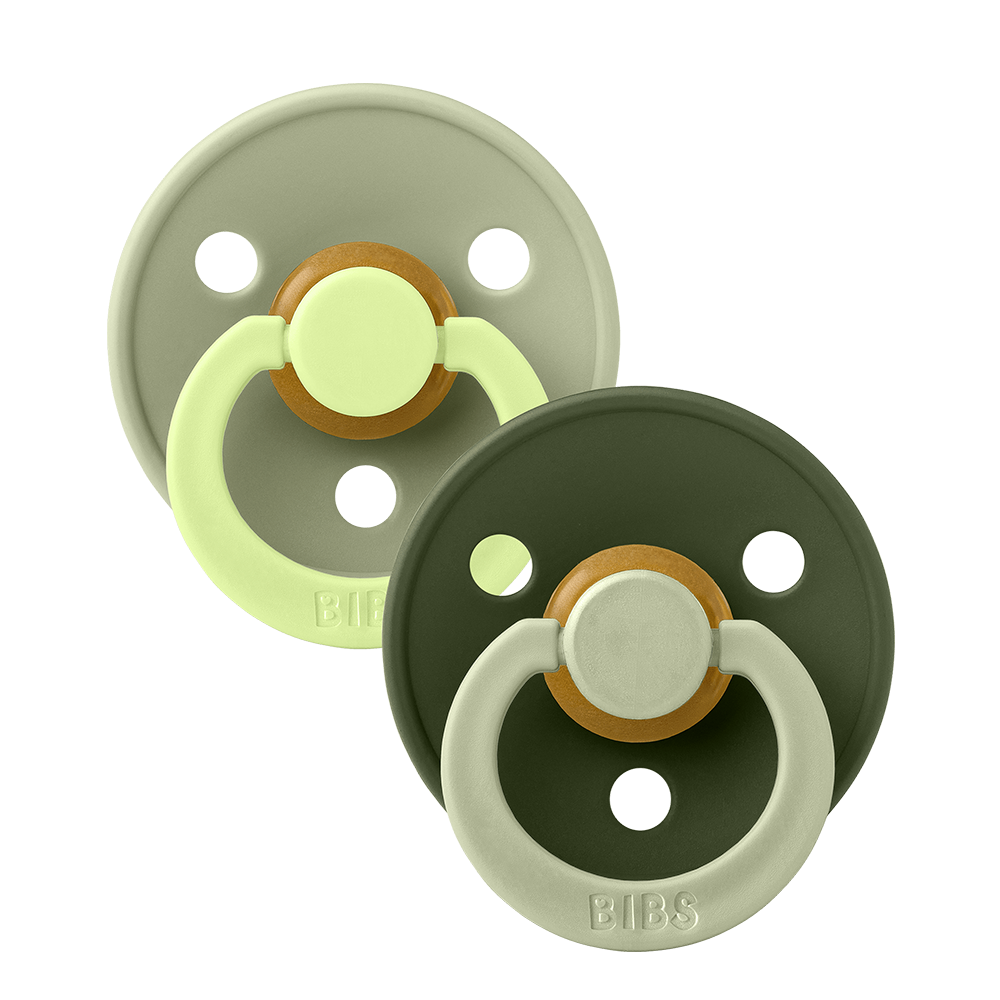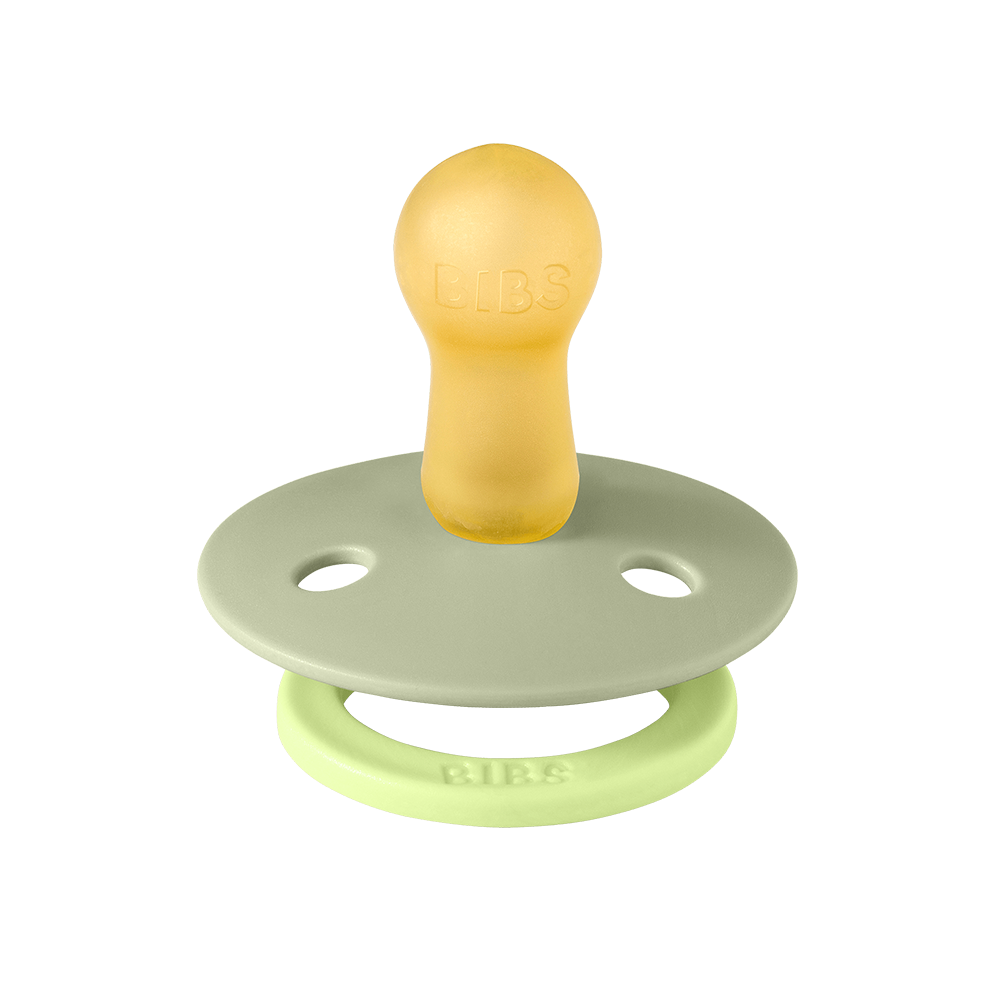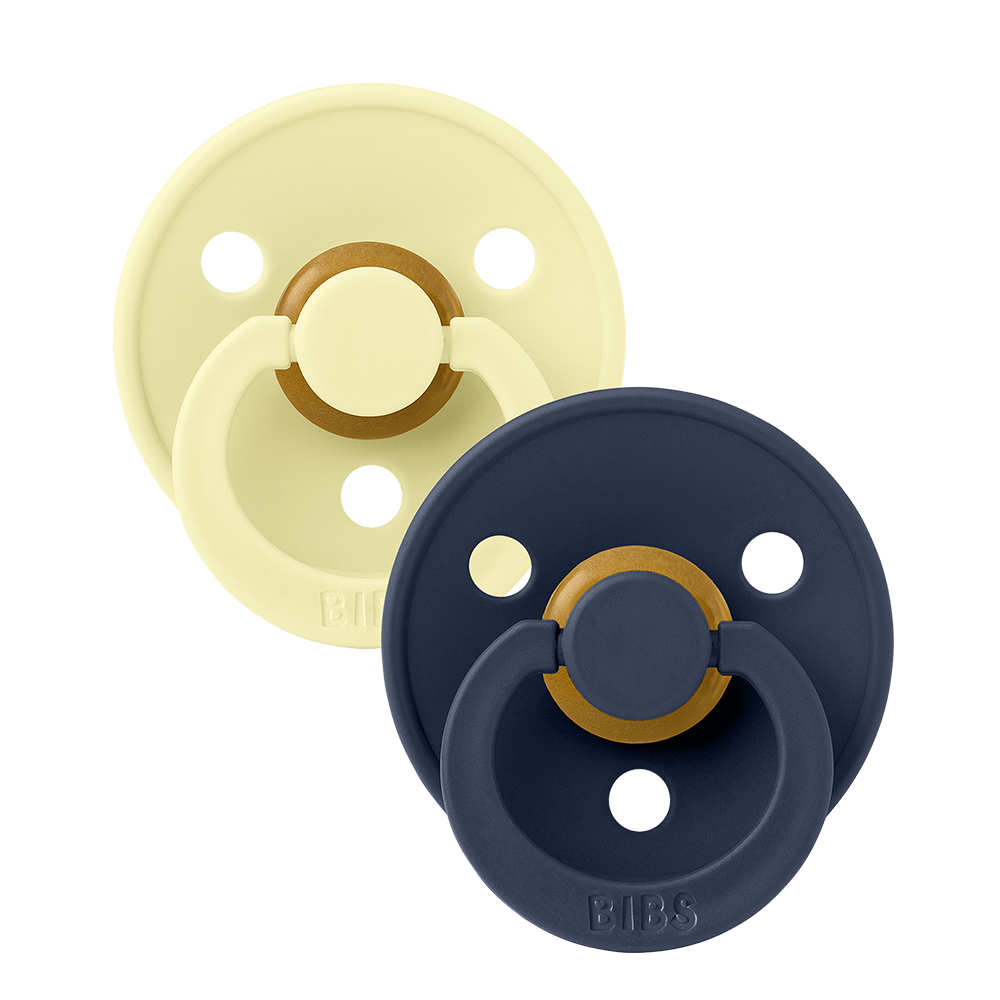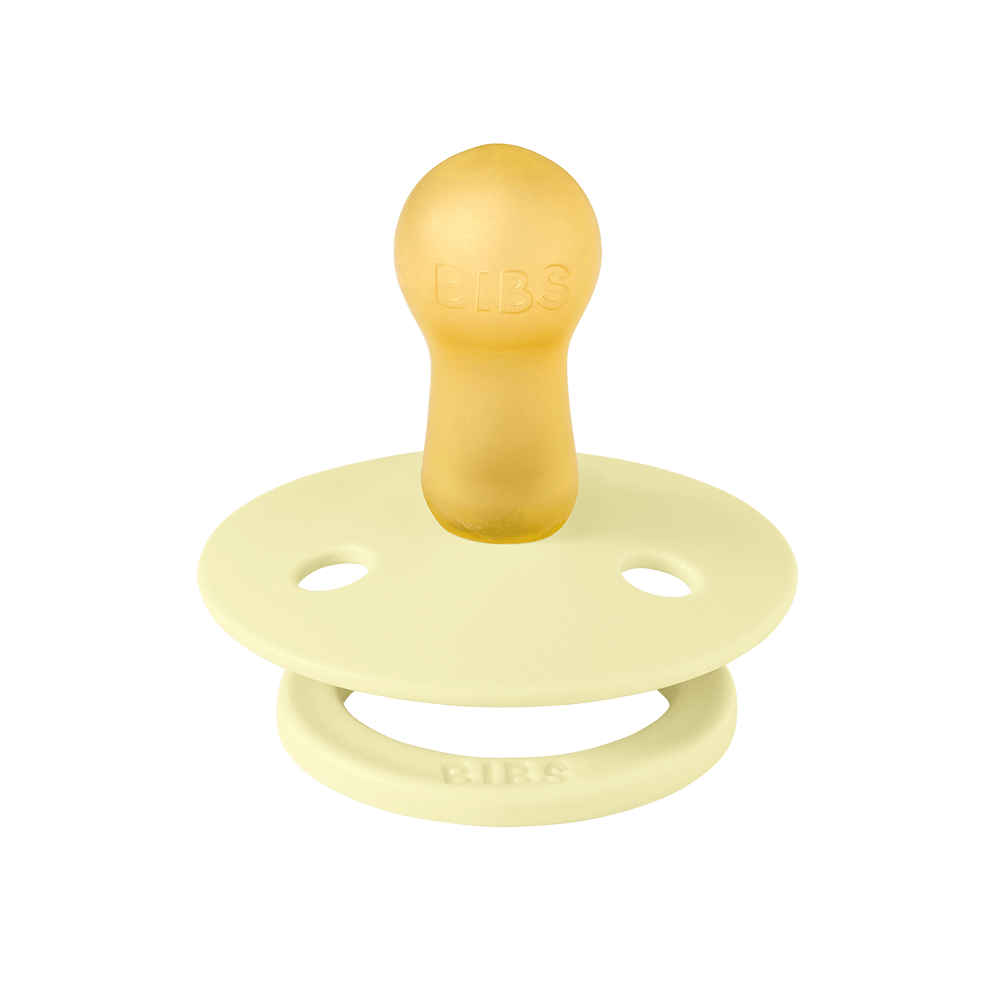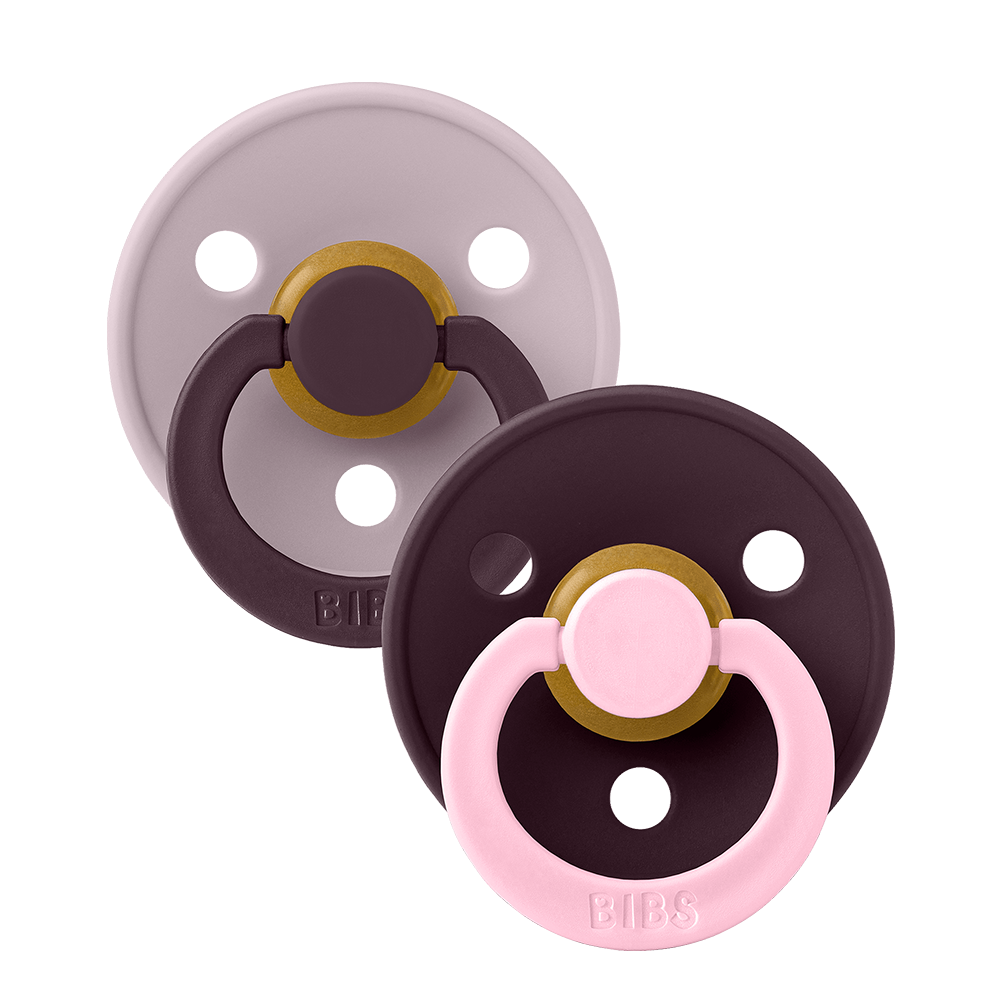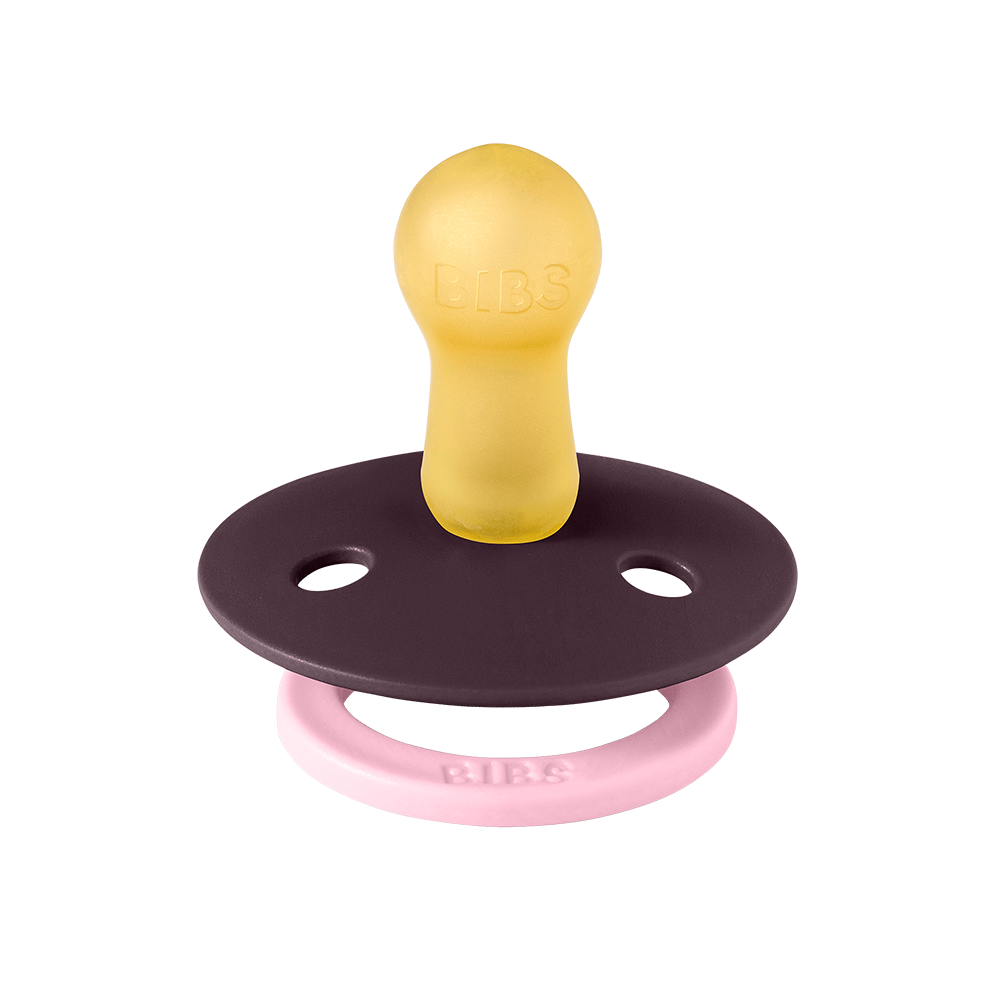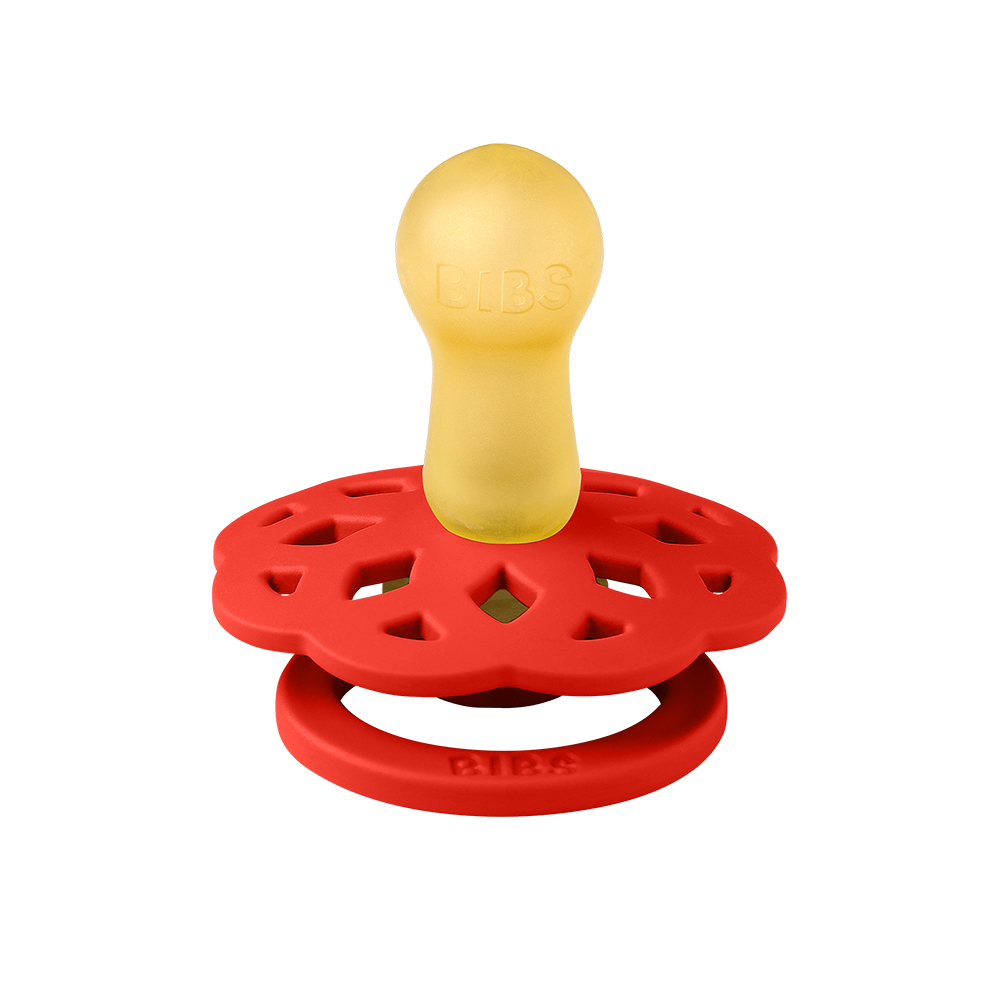Healthy Drinks for Toddlers and Kids: Optimal Hydration and Nutrition
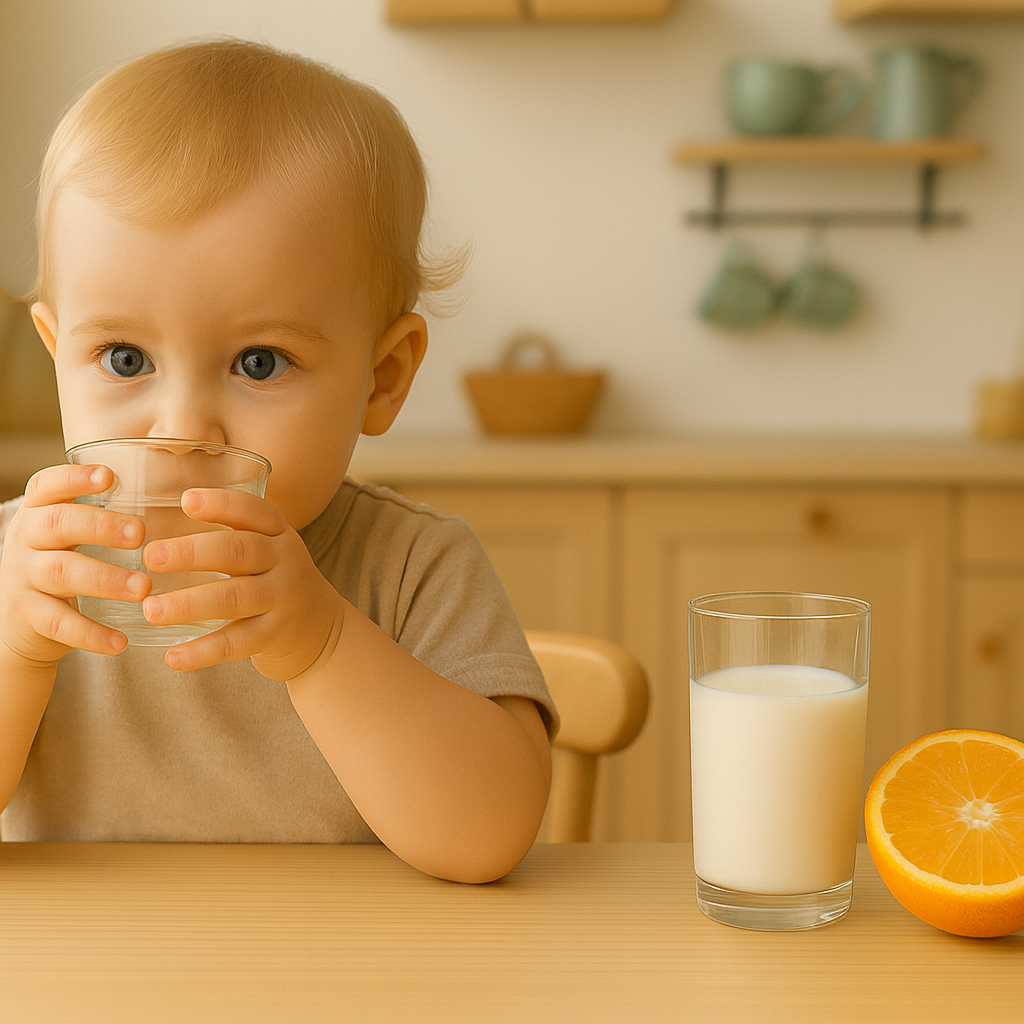
Healthy Drinks for Toddlers and Kids: Optimal Hydration and Nutrition Choices
Selecting the right beverages for toddlers and kids is crucial in ensuring they receive the appropriate nutrients for healthy development while avoiding the sugars and additives that can lead to health issues. Water remains the best hydrating drink for children of all ages, providing the necessary hydration without any added sugars or calories. However, many caregivers seek variety and additional nutritional benefits in the drinks they offer. Milk, for example, can supply essential calcium and vitamin D, which are important for growth and bone health. For those times when flavor is desired, choosing drinks with natural ingredients, like pure fruit juices diluted with water, can please a child's palate without introducing artificial additives.
Understanding the healthiest drink options is just as important as knowing which drinks to avoid. Drinks high in added sugars, like soda, sweetened fruit drinks, and energy drinks, can contribute to a variety of health problems including obesity, dental caries, and may potentially affect a child's long-term dietary habits. Being informed about healthy drink choices and reading labels carefully can empower you to make better decisions for your child's dietary needs, creating a foundation for a lifetime of healthy habits.
Key Takeaways
- Water and milk are fundamental for hydration and growth.
- Include drinks with natural ingredients for variety.
- Avoid sugary and artificially sweetened beverages.
Healthiest Drinks for Toddlers and Kids
Selecting the healthiest beverages for toddlers and kids is essential for their growth and development. Whole milk and water form the cornerstone of healthy options, providing essential nutrients and hydration.
Moderation Drinks for Toddlers
For toddlers, moderation is key when it comes to drinks other than milk and water. While certain beverages can serve as a source of vitamins, it's important to limit quantities to avoid excess sugar intake:
- 100% Fruit Juice: Opt for 100% fruit juice, which lacks added sugars, unlike fruit-flavored drinks. Limiting servings to 4-6 ounces per day is recommended.
- Diluted Juices: To reduce sugar and caloric intake, consider diluting juice with water. This can help decrease the potential for tooth decay and still provide some nutritional value.
- Low-fat Milk: After age 2, transitioning to low-fat milk provides necessary calcium and vitamin D but with less saturated fat compared to whole milk.
Remember, even healthy beverages can contribute to excess calorie consumption when not served in appropriate amounts.
Drinks to Avoid
When ensuring the health of toddlers and kids, careful consideration must be taken with what beverages they consume. Sugary drinks are a primary category to avoid. This includes soda, fruit punch, and sweetened teas, which are high in sugar and can lead to cavities and an increased risk of obesity.
Energy drinks are also unsuitable for young children due to their high caffeine content and other stimulants that can be harmful to a child's developing body. Despite some parents believing in moderation, it's best to avoid these altogether.
|
Beverage Type |
Reason to Avoid |
|
Sugary Drinks |
High sugar content can lead to cavities and obesity |
|
Energy Drinks |
Caffeine and stimulants can be harmful |
|
Excessive Juice |
Excess sugar and little fiber |
Juices, even if labeled as 100% juice, should be limited. While they may provide vitamins, they lack the fiber found in whole fruit and can contribute to excessive sugar intake. Caregivers are advised to limit juice consumption and encourage plain water and milk instead.
Lastly, any beverages with added sugars or artificial sweeteners should be bypassed. These can not only cultivate a taste preference for overly sweet drinks but can also disrupt healthy eating patterns. Providing young children with water, milk, and limited amounts of natural juices is a safer approach to ensure their health and well-being.
